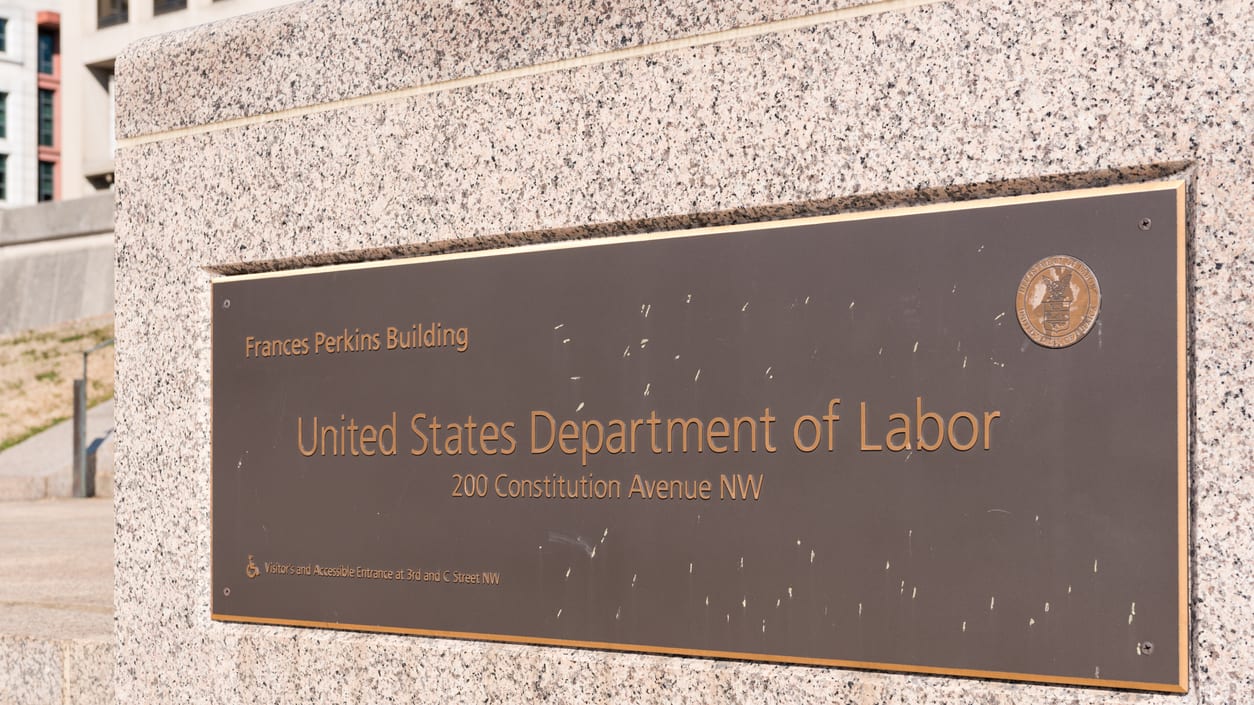The U.S. Department of Labor (DOL) issued five opinion letters on June 25, including one providing analysis of the administrative exemption. The others addressed various Fair Labor Standards Act (FLSA) exemptions and requirements affecting salespeople.
Emergency-management coordinators employed by a county government might be exempt administrative employees, depending on their primary duties, the DOL said in FLSA 2020-9. In the case in question, the employer had not clarified which of the coordinator's many duties was the primary one, and so the status was unclear.
Don't Overuse the Term 'Coordinator'
"Be careful about the use of the term 'coordinator'," said Robert Boonin, an attorney with Dykema in Detroit and Ann Arbor, Mich. "That term is often overused and often covers employees who lack a sufficient amount of discretion and independent judgment to satisfy the administrative exemption."
Nonetheless, Justin Barnes, an attorney with Jackson Lewis in Atlanta, said, "Perhaps the most interesting part of the opinion letter is that DOL did not opine on the discretion and independent judgment standard, which is often one of the most difficult aspects of the administrative exemption analysis." The department did not analyze this standard because the employer said that the coordinators met it.
The DOL also didn't focus on the distinction between production and staff functions in evaluating whether job duties are exempt. "This distinction can be more vexing to draw for government positions because it is sometimes difficult to determine what a government is producing for its citizens' consumption; at least one court has noted the scarce authority … regarding what constitutes the general business operations of a government."
Instead, the DOL looked at the facts presented by the employer to evaluate whether the employee was merely carrying out a job function, which would be nonexempt work, or was managing or determining the overall course of action of the business or the department, which would qualify as exempt work, noted Kathleen Caminiti, an attorney with Fisher Phillips in Murray Hill, N.J., and New York City.
The DOL looked at many of the coordinators' duties, giving examples of which would be exempt or nonexempt if they were the primary duty. For example, many of the coordinators' duties involved planning for the county government's general, rather than day-to-day, operations. This would be exempt administrative work.
Preparing news releases, acting as a press officer and furnishing information to the media were public-relations duties related to the county's general, rather than day-to-day, operations and were exempt, the DOL said.
But delivering educational lectures, materials and presentations were day-to-day work and nonexempt. Nonetheless, preparing the materials might be exempt administrative work, unless preparing means merely assembling already-available materials into a display or distributable folder.
[SHRM members-only toolkit: Complying with U.S. Wage and Hour Laws and Wage Payment Laws]
Other Opinion Letters
The other four opinion letters clarified the scope of exemptions and requirements that apply to salespeople.
In FLSA 2020-6, the DOL said that salespeople who traveled to different locations using "stylized trucks" stocked with merchandize and marketing displays qualified for the outside sales exemption when they spent at least four of five days a week in the truck as drivers or passengers.
The salespeople were regularly away from the employer's place of business, the DOL found. Far less time would meet the test of being "customarily and regularly" away. The DOL has previously found that outside sales work away from the employer's place of business for approximately one or two hours a day, one or two times a week can pass the test.
Nor were the trucks themselves places of business. "To deem one of these trucks a 'fixed site' would eviscerate that term," the DOL said. "Even if we were to read the regulation so narrowly, the exemption would nevertheless apply, because the salespeople, rather than remain stationary in their trucks, [went] out into crowds to mingle with customers."
In FLSA 2020-7, the DOL examined whether incentive payments from third parties—car manufacturers—to sales consultants working for dealerships counted as wages for purposes of satisfying the dealerships' minimum wage requirements.
"The answer depends on the agreement between the parties," the DOL said.
The dealerships represented the third-party incentive payments as wages, which strongly suggests the payments were part of the employment agreement. The dealerships learned program terms, communicated them to employees and worked with the incentive program sponsors to determine when payments should be made. Given these facts, the DOL determined the incentive payments counted toward minimum wage obligations by the car dealerships.
"It is important to note that records must be kept regarding the compensation paid and that income must be included in the regular rate for purposes of calculating overtime," Caminiti said.
In FLSA 2020-8, the DOL determined that salespeople traveling to trade shows and fairs fit within the outside sales exemption if their primary duty was making sales at those sites. But the exemption may not apply to employees working at big-box stores.
"The employee must be making sales on his or her own account, rather than for a third-party, such as a big-box store" to fit within the exemption, said Jeffrey Ruzal, an attorney with Epstein Becker Green in New York City.
In FLSA 2020-10, the DOL said that the overtime exemption for a retail or service establishment could apply to salespersons who worked in a new store where the sales volume was unknown or who had no sales performance record. But after a "full representative period," which is at least a month long, the employees must be paid overtime for hours worked during the period if their commissions weren't more than half of their compensation.
An organization run by AI is not a futuristic concept. Such technology is already a part of many workplaces and will continue to shape the labor market and HR. Here's how employers and employees can successfully manage generative AI and other AI-powered systems.




